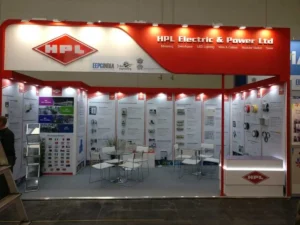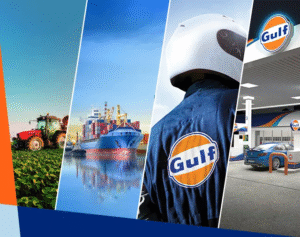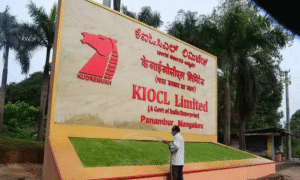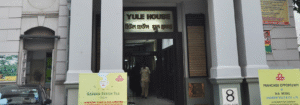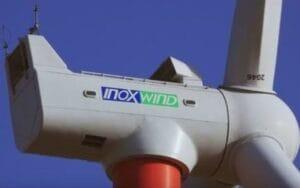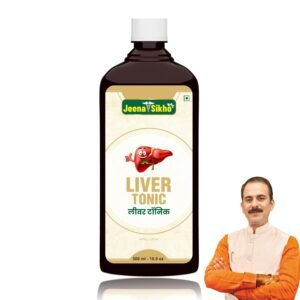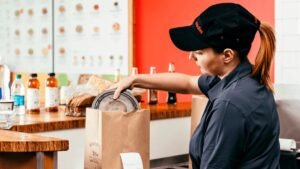1. At a Glance
Supriya Lifescience isn’t your friendly neighbourhood chemist — it’s the guy who supplies your chemist’s chemist. With 40+ APIs, a global export footprint to 120 countries, and a manufacturing capacity recently turbocharged by 55%, the company’s core business is basically “we make the stuff your medicines can’t live without.” But Q1 FY26 results saw revenue shrink almost 10% YoY, and profit down 22% YoY — meaning even pharma stars can catch a cold if the global demand sneezes.
2. Introduction
Imagine being the backstage crew in a blockbuster movie. No spotlight, no red carpet, yet the entire film collapses without you. That’s Supriya Lifescience in the pharma world — the backstage supplier of Active Pharmaceutical Ingredients (APIs).
Founded in an era when “API” didn’t mean “connecting apps,” Supriya has carved out a niche in anti-histamines, anesthetics, vitamins, and anti-asthmatics. They’re not just mixing chemicals in a vat — they’ve mastered complex chemistries, controlled substances, and, apparently, controlled customer expectations.
Their customer list is a who’s who of global pharma — from Mankind Pharma to Syntec Do Brasil — and exports account for ~80% of revenues. That’s a double-edged sword: great when the rupee is weak, scary when the global demand is weaker.
The company’s latest play? Moving into formulations (FDF) with a new Ambernath facility — because why just sell the ingredients when you can sell the full cake? Oh, and they’re doing it debt-free, funding ₹100–150 crore capex annually from internal accruals. That’s corporate adulthood right there.
3. Business Model (WTF Do They Even Do?)
Supriya makes and sells APIs — the “active” in active pharmaceutical ingredients — across six main therapy segments.
- Analgesic/Anesthetic (60%)– The moneymaker. Includes Ketamine (yes,thatketamine), which has medical uses beyond its party reputation.
- Antihistamine (12%)– For when pollen, dust, or your neighbour’s perfume tries to kill you.
- Vitamins (10%)– Because multivitamin gummies aren’t making themselves.
- Anti-asthmatic, Anti-allergic, Anti-hypertensive, Anti-malarial– Smaller but growing segments.
Backward integration covers 15 products — meaning they make their own raw materials, shielding margins from supply shocks. 77% of Q3 FY25 revenue came from such integrated products.
Manufacturing happens at Lote, Maharashtra, now with a boosted capacity of 932
KLPD. And with Ambernath’s upcoming formulations facility, they’ll cater to tablets, capsules, sterile forms, and liquid dosages — a vertical leap from ingredients to finished goods.
4. Financials Overview
Q1 FY26 vs Q1 FY25 vs Q4 FY25
| Metric | Q1 FY26 | Q1 FY25 | Q4 FY25 | YoY % | QoQ % |
|---|---|---|---|---|---|
| Revenue (₹ Cr) | 145.07 | 160.59 | 184.00 | -9.6% | -21.2% |
| EBITDA (₹ Cr) | 52.22* | 63.63* | 68.08* | -17.9% | -23.3% |
| PAT (₹ Cr) | 34.79 | 44.65 | 50.00 | -22.1% | -30.4% |
| EPS (₹) | 4.32 | 5.54 | 6.26 | -22.1% | -31.0% |
*EBITDA = Operating Profit from Screener data.
Commentary:Margins remain healthy (EBITDA ~36%), but the revenue drop across YoY and QoQ suggests either seasonal weakness, demand softness, or shipment delays. EPS erosion in both comparisons isn’t pretty — investors expecting a constant growth party might need an antihistamine themselves.
5. Valuation (Fair Value RANGE only)
Method 1: P/E
- TTM EPS: ₹22.12
- Peer average P/E (ex-Divi’s outlier): ~25x
- FV Range: ₹550 – ₹650
Method 2: EV/EBITDA
- TTM EBITDA: ₹250 Cr
- Net Debt: practically zero (₹5 Cr debt – ₹X cash ≈ negligible)
- EV/EBITDA range for niche API players: 10x – 12x
- FV Range: ₹600 – ₹720
Method 3: DCF(Assumptions: 10% revenue CAGR next 5 years, 25% EBITDA margin, 10% discount rate)
- FV Range: ₹580 – ₹700
Consolidated FV Range:₹580 – ₹700
Disclaimer: This FV range is for educational purposes only and is not investment advice.



